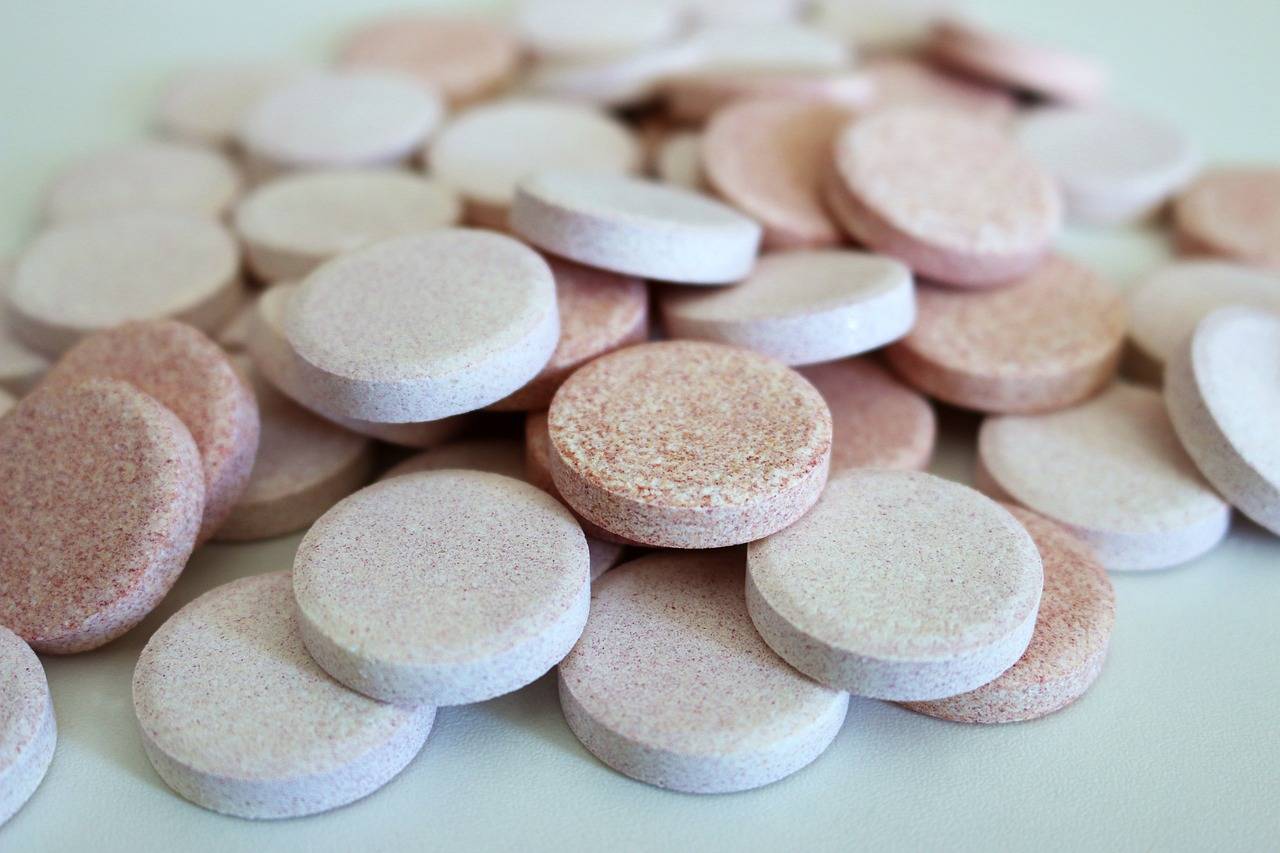The Importance of Sleep Hygiene for Quality Rest and Recovery
Sleep hygiene plays a crucial role in our overall health and well-being. It encompasses a variety of practices and habits that are essential for getting a good night’s sleep. Poor sleep hygiene can lead to a range of health issues, including high blood pressure, weakened immune system, weight gain, and increased risk of chronic diseases such as diabetes and heart disease.
When we consistently lack quality sleep, our bodies are unable to repair and rejuvenate, affecting our physical health. Inadequate sleep has also been linked to cognitive impairment, decreased productivity, and poor memory retention. Prioritizing good sleep hygiene is vital for maintaining optimal health and functioning at our best in our daily lives.
The Impact of Sleep Hygiene on Mental Well-being
Sleep hygiene plays a crucial role in maintaining good mental well-being. When individuals consistently practice good sleep habits, such as maintaining a regular sleep schedule and creating a calming bedtime routine, they are more likely to experience improved mental health outcomes. Lack of proper sleep hygiene, on the other hand, can contribute to feelings of irritability, mood swings, and increased stress levels.
Research has shown a clear link between poor sleep hygiene and mental health disorders such as anxiety and depression. Disrupted sleep patterns and inadequate rest can exacerbate symptoms of these conditions, making it essential for individuals to prioritize healthy sleep habits for their overall well-being. By incorporating strategies to promote better sleep hygiene, individuals can better support their mental health and enhance their quality of life.
Creating a Relaxing Sleep Environment
When it comes to creating a relaxing sleep environment, the key is to eliminate any distractions that may disrupt your sleep. This means keeping your bedroom cool, dark, and quiet to promote a restful night’s sleep. Consider using blackout curtains to block out any external light and investing in a white noise machine to drown out any disruptive sounds.
Another important aspect of a relaxing sleep environment is ensuring that your bed is comfortable and conducive to a good night’s sleep. Make sure your mattress and pillows are supportive and that your bedding is soft and cozy. Additionally, keeping your bedroom clean and clutter-free can help create a sense of calm and relaxation that is essential for quality sleep.






